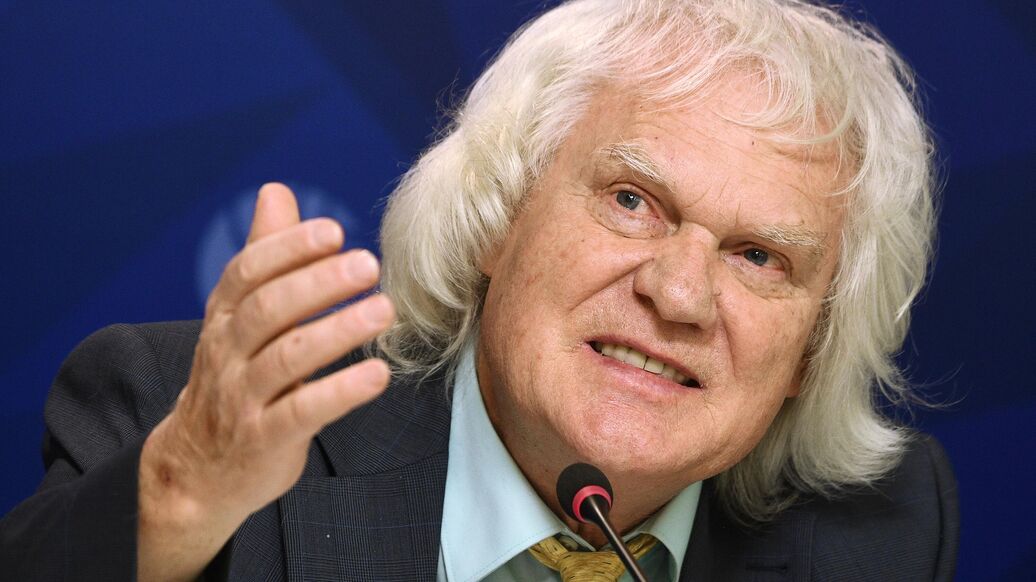Bunnings boss declares profit is not a dirty word after raking in $44billion profit
The chairman of retail conglomerate Wesfarmers has defended the role of big business in Australia and hit out at political leaders of all persuasions.
The chairman of retail conglomerate Wesfarmers has defended the role of big business in Australia and hit out at political leaders of all persuasions.
In a steadfast speech to shareholders at the companys annual general meeting on Thursday, Michael Chaney said there was too little appreciation of where all the money went.
The retail giant, which owns a sweep of iconic brands including Kmart, Bunnings and Officeworks, raked in $44bn in revenues across the 2024 financial year,
There is, I believe, too little appreciation of the huge contribution large businesses like Wesfarmers make to the Australian economy and it is worth pointing out just how significant that contribution is, he said.
He said $29bn, or some 65 per cent, of the revenue haul went to suppliers, $6.3bn went to wages, $4.4bn went on rent, freight and other services and some $500m was handed over to the government in payroll taxes and other charges.
The company booked some $3.6bn in profits before tax, or eight per cent of original revenues.
Now for some external parties, profit seems to be a dirty word, he said.
But it is important to understand how profitable businesses are essential to our economy and future prosperity.

Wesfarmers chairman Michael Chaney defended big business in a firm speech to shareholders at the companys AGM in Perth on Thursday
For one thing, companies have to be profitable in order to continue to operate - to do everything I just listed, like employing people, sourcing products and services from suppliers, providing customers what they need and supporting their communities.
From the $3.6bn figure, Mr Chaney said 10 per cent went to retained earnings, while the rest went out to shareholders and superannuation funds or to federal government taxes.
It would be good to hear political leaders of all persuasions acknowledge their understanding of these facts, he said.
That large companies like ours constitute a vital part of the economy, generate enormous benefits to the community and make a huge contribution to society.
Companies, large and small, deserve their support.

Wesfarmers owns some of the biggest retailers in Australia, including Bunnings Warehouse, Kmart, Target, Bunnings and Officeworks
Some big businesses have come under political pressure in recent years with some politicians and community members incensed at the contrast of companies booking substantial profits while Australians struggle through a rolling cost-of-living crisis.
Mr Chaney warned the temper of the moment posed a danger to national productivity.
Im referring here to the many changes weve seen to employment laws, payroll taxes and to some proposed environmental laws, he said.
It is only through a prosperous, vibrant, growing private sector that Australia is going to be able to provide the sort of support to our children and grandchildren that we have, in the past, taken for granted.










